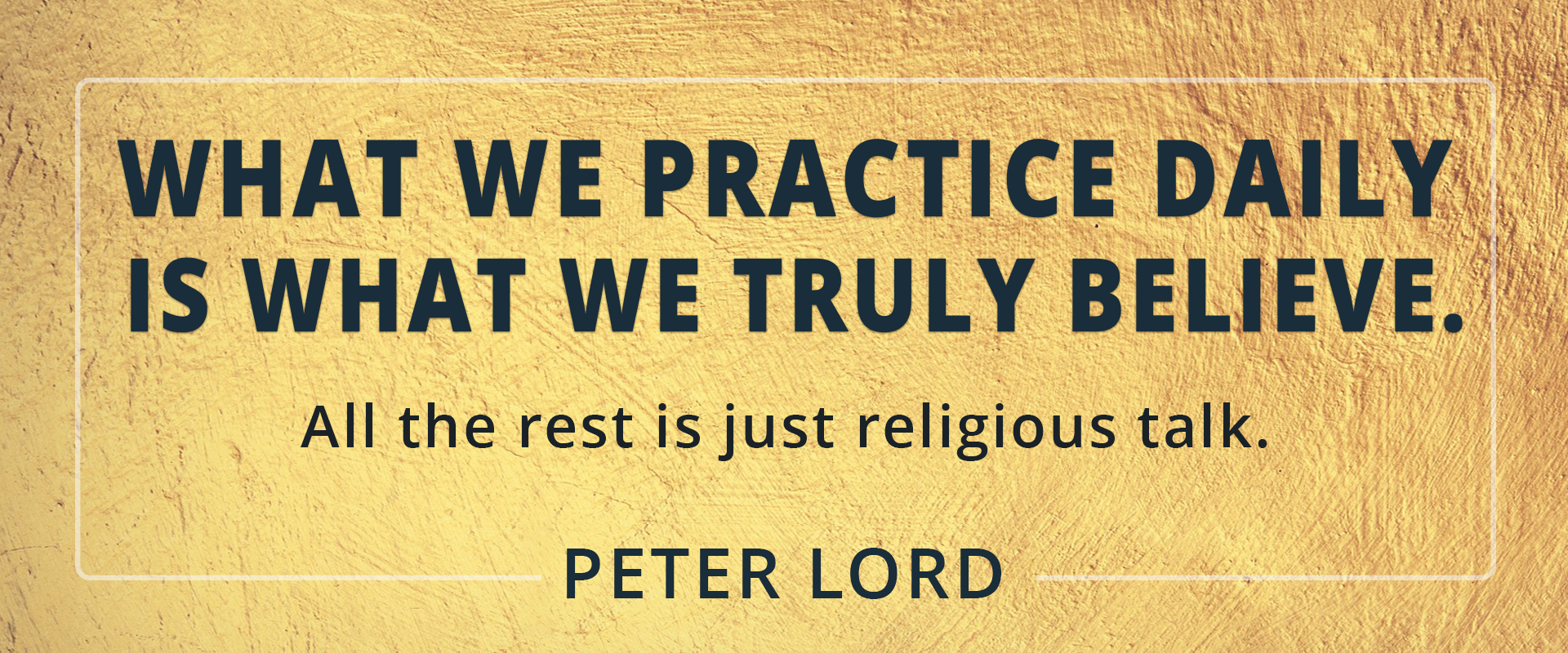Show, don’t tell.
This is the first rule of writing. If your character is hostile or vindictive or loving or kind, don’t just say it. Demonstrate it. Make your character do something hostile or vindictive or loving or kind. That’s because, as writer Donald Miller has said, a character is what he does.
What if this rule took over your life?
Imagine how it would be today if you couldn’t provide narration as you go along: You could tell no one what you believe. You couldn’t explain your actions or defend your motives. You could not say, “I love you,” or “I’m sorry,” or “This is what my life is about.”
Imagine how it would be if today you couldn’t tell, you could only show. What conclusions might your friends and family and co-workers come to? Would it be the truth?
I challenge you to to give a try. Show, don’t tell. Or perhaps: show first, tell second. As Francis of Assissi said, “Preach the gospel at all times. When necessary, use words.”
James said, “Faith by itself, if it is not accompanied by action, is dead.” (James 2:17)
All those things we say we believe, all those principles we insist we’re about, all those feelings we claim to feel, they’re real only when they come to life in what we do.
A character is what he does.
This post originally appeared at PreachingLibrary.com




